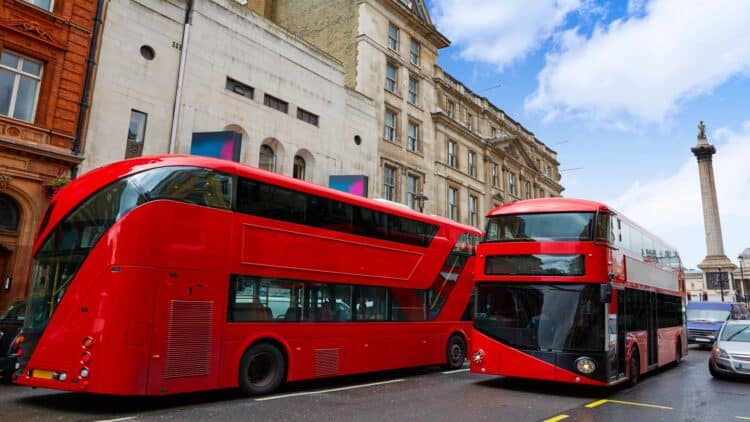The United Kingdom is receiving backlash for proposed cuts on global aid funding, with critics warning that vulnerable people living in the developing world will be hit the hardest. Concern over UK government international aid cuts has been raised by aid and humanitarian organizations, economists, and global development experts. The International Banker states that the UK government’s international aid funding will worsen poverty, reverse progress on global health, and undo major educational and infrastructural gains in low-income countries.
The cuts are problematic due to developing countries still dealing with the COVID-19 pandemic
The UK has historically been a strong development aid donor, with its programs contributing to the provision of clean water, and maternal health aid. Even under the proposed cuts, the UK will still be a major player in development aid.
The Guardian highlights the rise in preventable deaths as a result of these cuts as one of the most concerning consequences.
Due to cuts to health and nutrition programs, charities and NGO’s warn that child mortality, and malnutrition, and the spread of diseases will increase. The article also references estimates that suggest the changes to the budget will cost thousands of lives each year.
Sarah Champion, chair of the UK Parliament’s International Development Committee, said the outcome of the government’s decisions is “deeply troubling”. She added:
“These cuts are not just numbers on a spreadsheet. They will cause suffering and, in many cases, death, to real people because of decisions made in Westminster.”
The response is not solely from the humanitarian community
Economists predict that there will be negative long-term geopolitical consequences of aid reduction that will weaken the UK’s soft power and influence in important regions.
It has historically been UK aid investments that have incorporated stability, the development of diplomatic relations, and the establishment of trade relations. It is likely that the reduction will create a void that powers like China will be ready to occupy.
Additionally, commentators believe that the proposed reductions may coincide with the worsening circumstances in which the UK provides aid.
The UK has obligations under the global aid and development treaties. Such treaties expect aid based on the United Nations’ development and humanitarian principles, especially on issues concerning global inequality and the international division of labour.
The UK is expected to respect international solidarity and development principles
The UK is expected to do this in a way that the aid being provided is valued, and the needs of poorer nations are being prioritized to a certain extent. The UK, in essence, is to aid the Global South during the worsening climate crisis.
Government officials respond to these critiques by pointing to to vertical domestic spending priorities, thus the aid being provided must be strategically justified based on domestic issues, especially during a period of economic downturn.
The officials maintain that aid spending is simply a prioritization of economically domestic and global economic issues.
Largely, non-government analysts disagree with the value of aid spending provided to the UK. Scholars, such as the one referenced in the International Banker, maintain that simply spending a little more on aid targeted to the UK is strategically unjustified.
The discussion surrounding the UK’s budget aid is expected to heat up with the upcoming vote.
With Parliament about to vote on final spending allocations, lobbying advocates are asking for a reassessment of the extent of the cuts, specifically on the budget’s moral and strategic importance in the aid dependence of the international community. Citizens of the UK and the UK’s global position will ultimately suffer if the country chooses to fall back on its global development duties.


